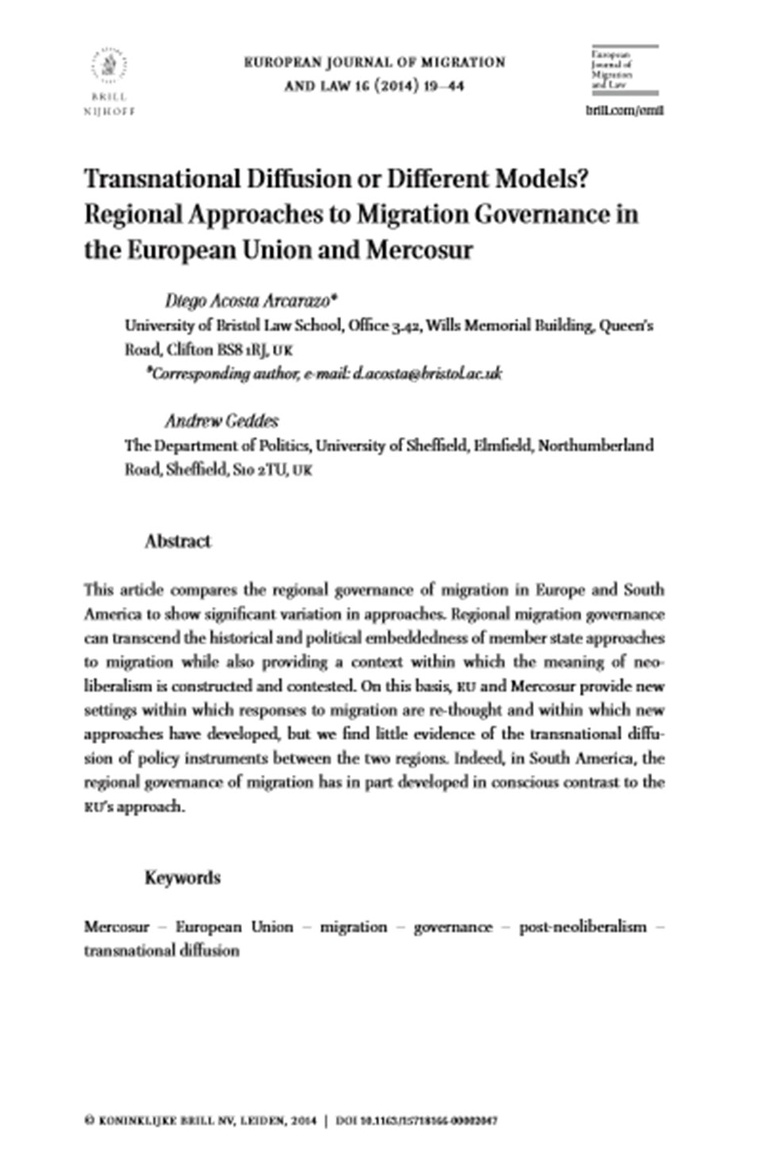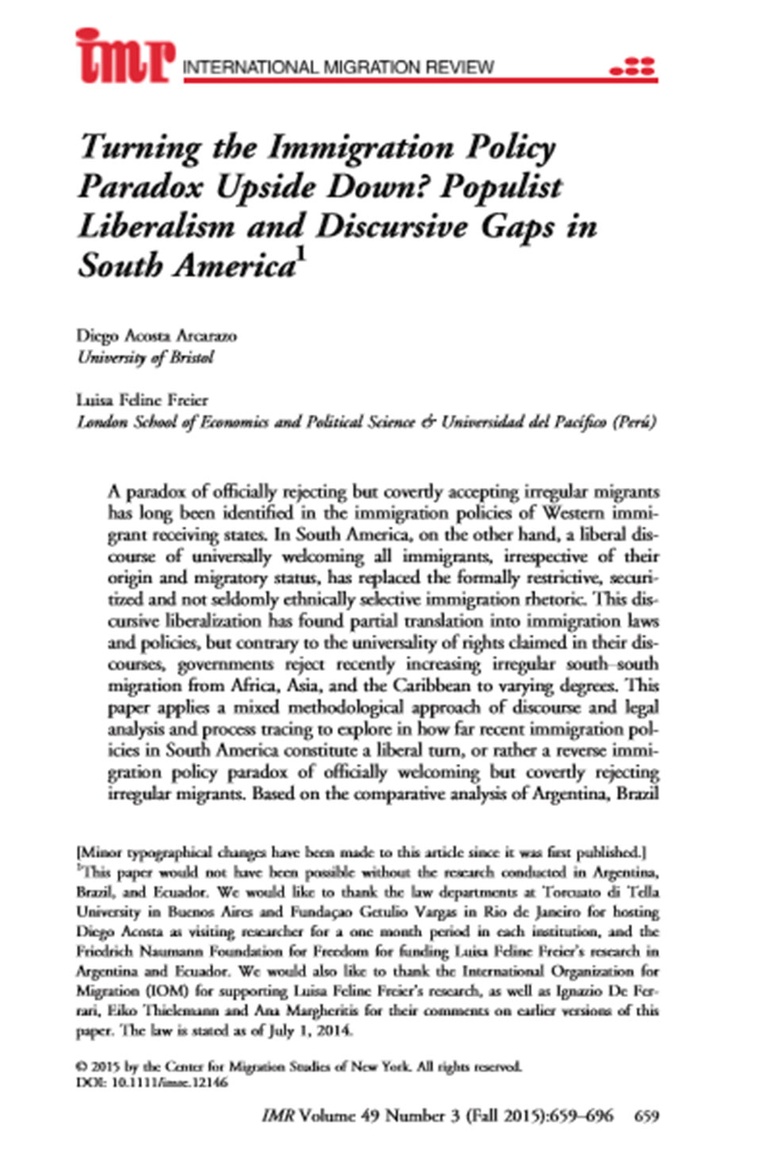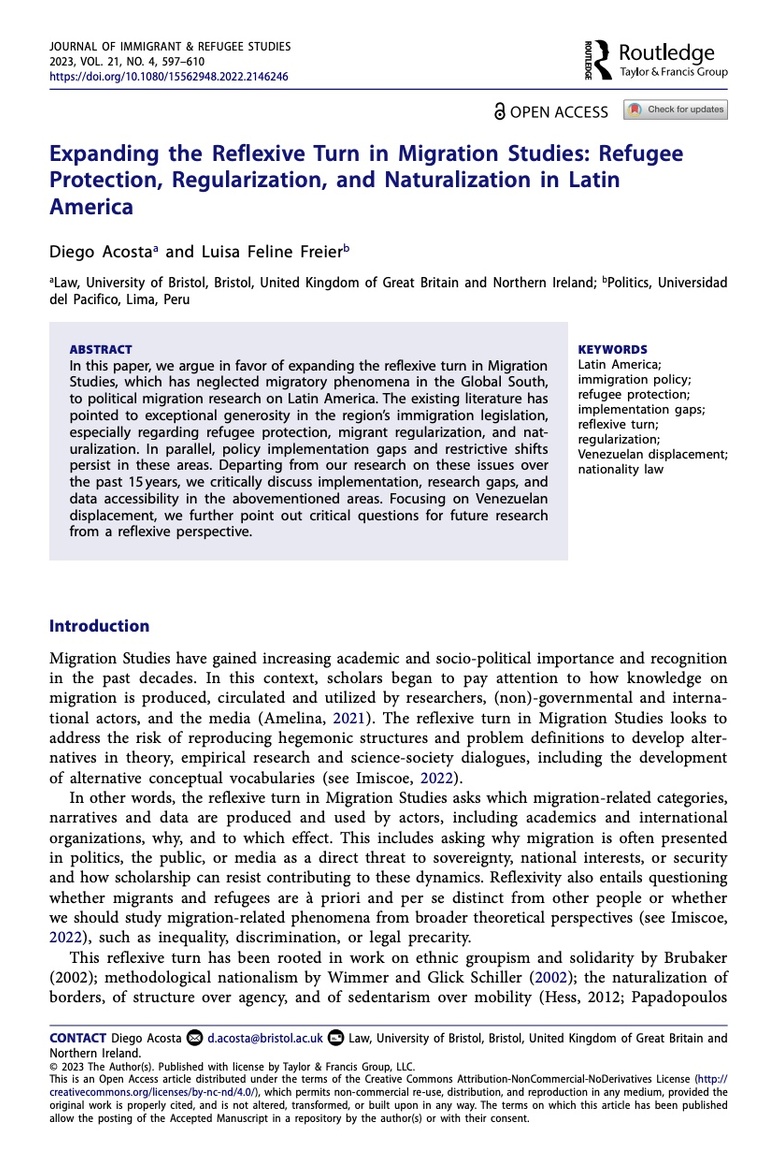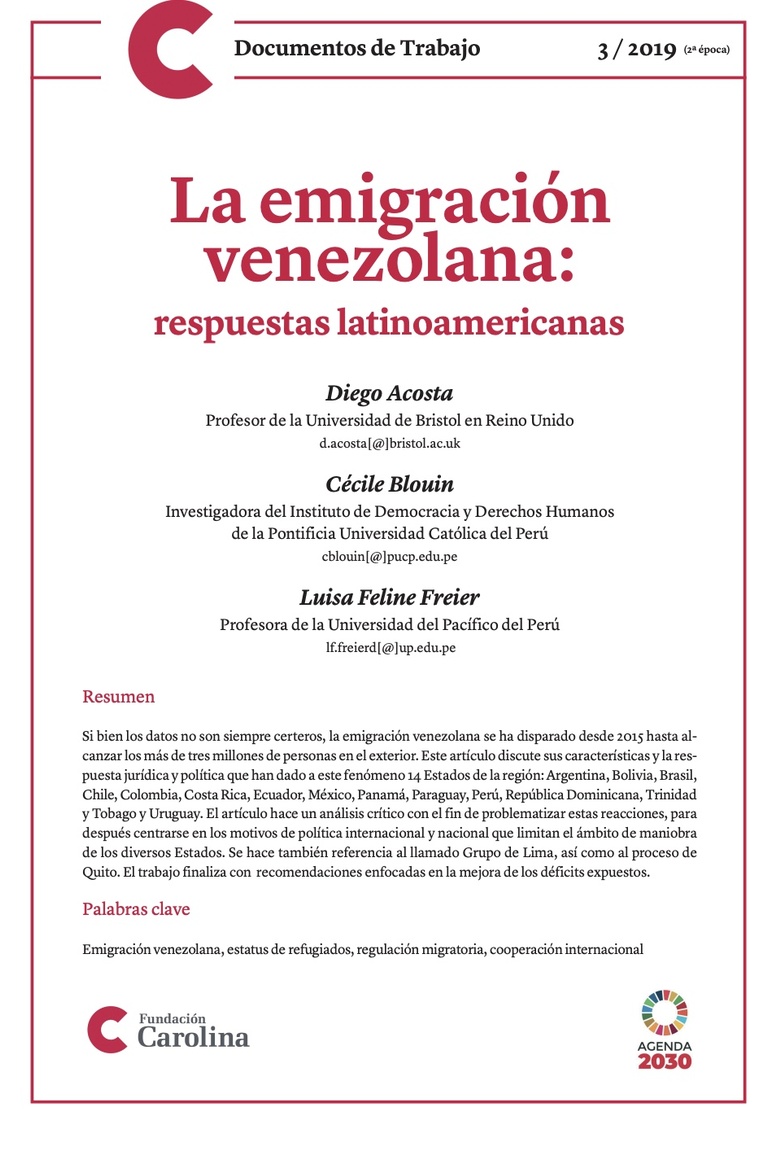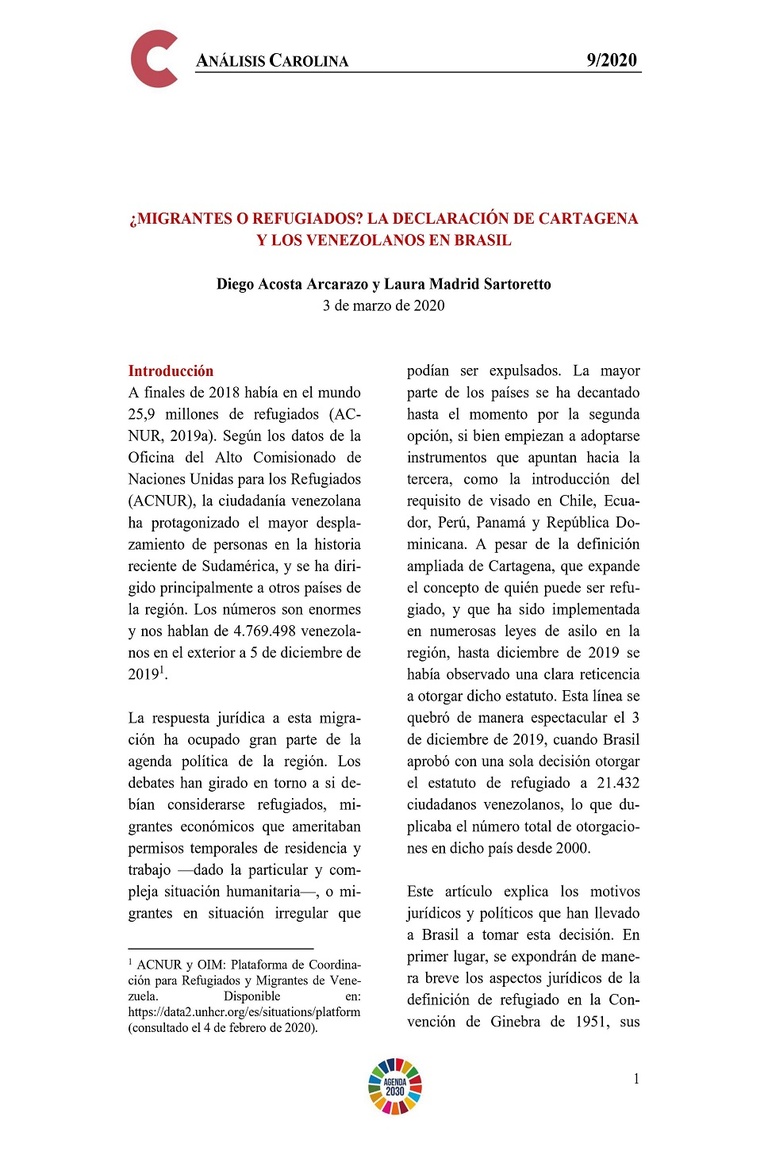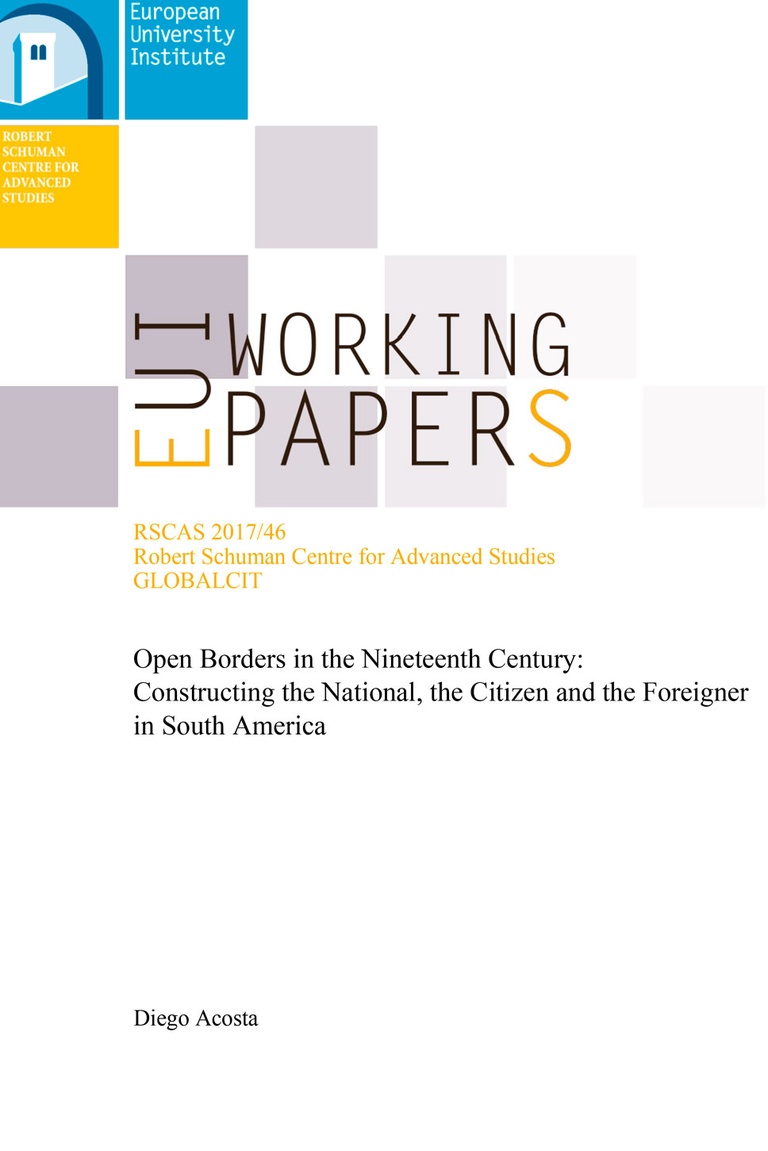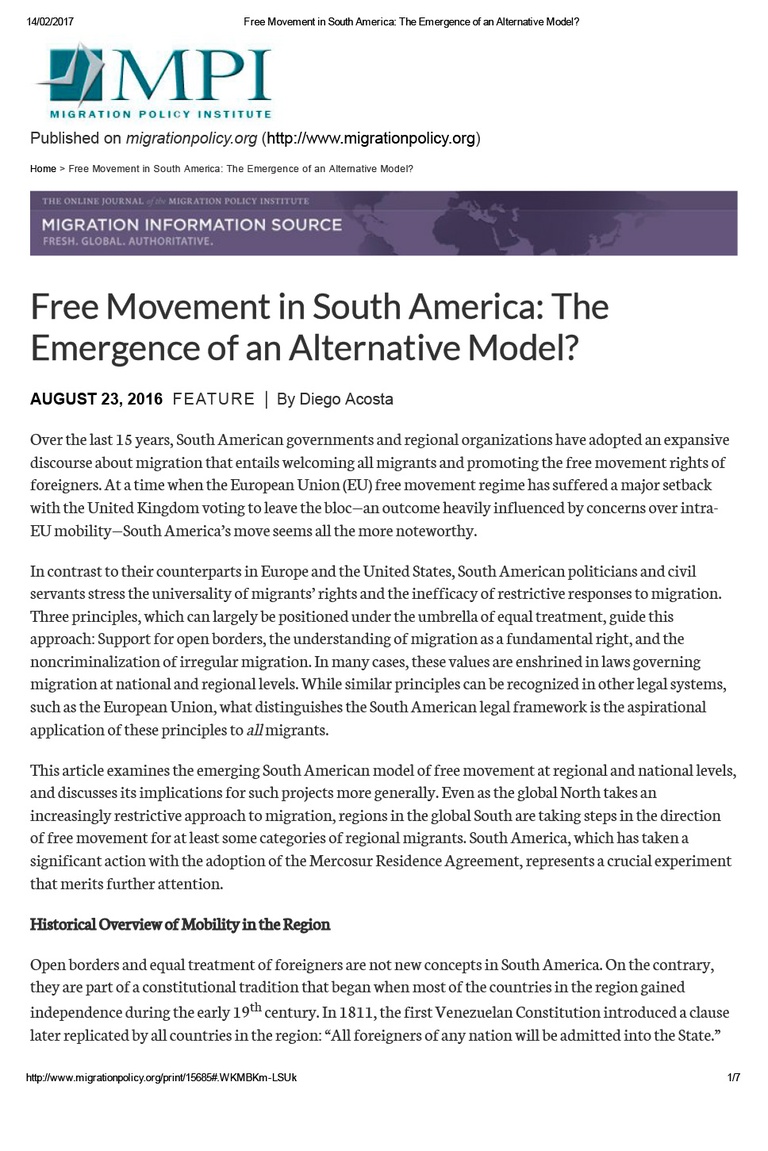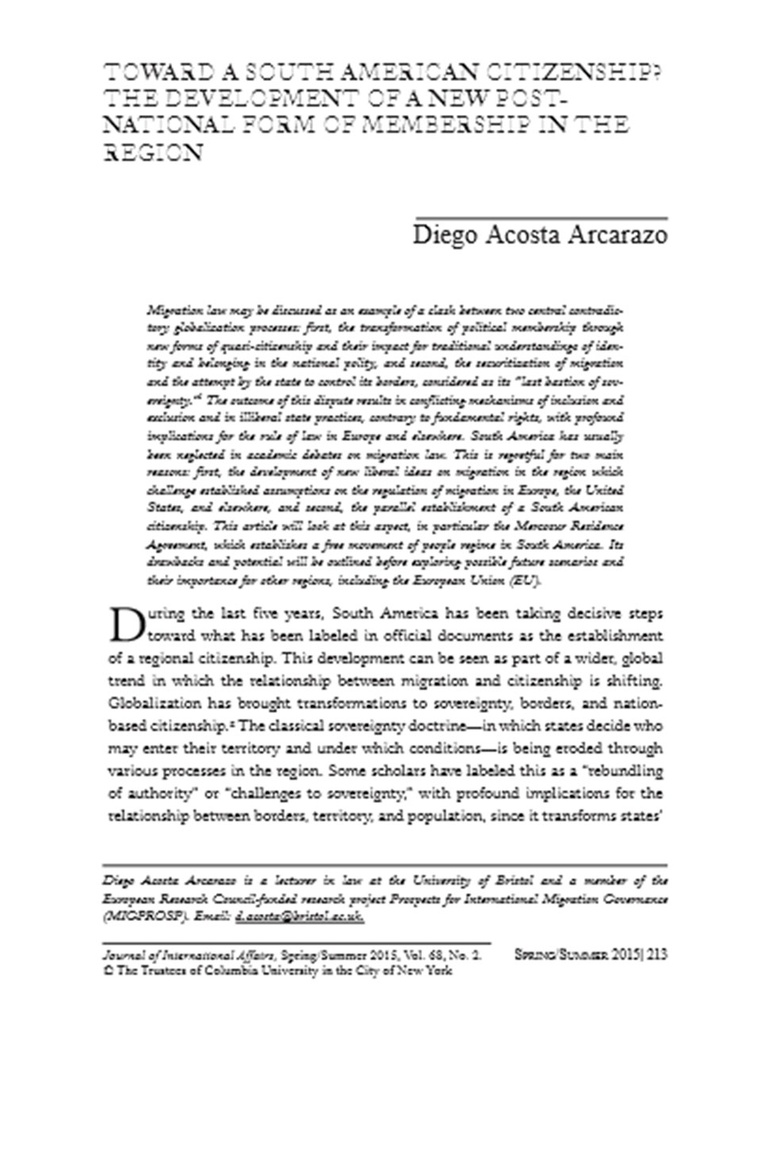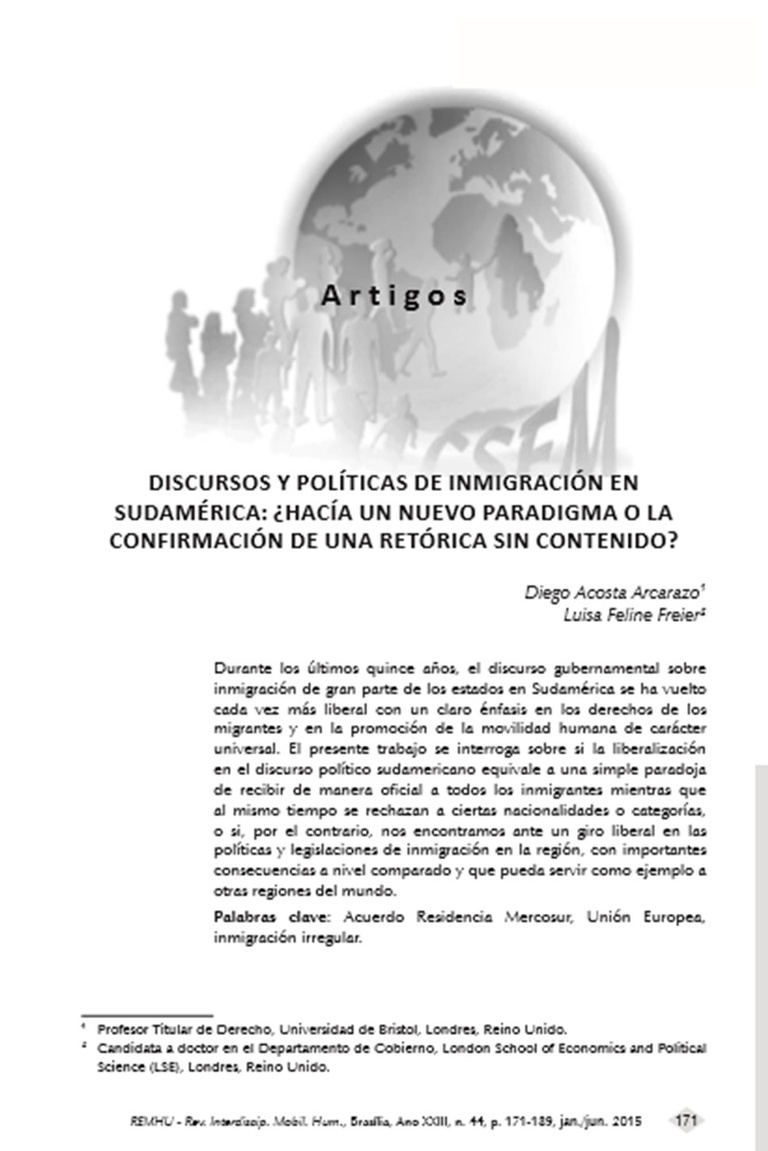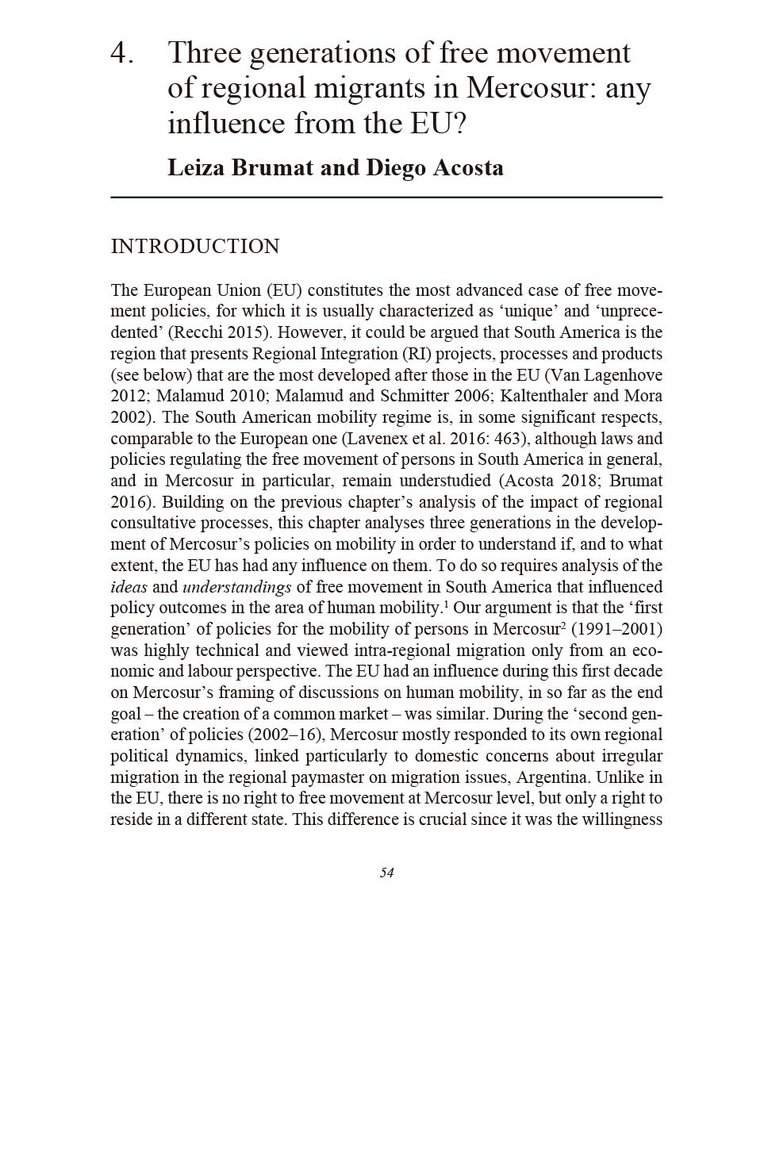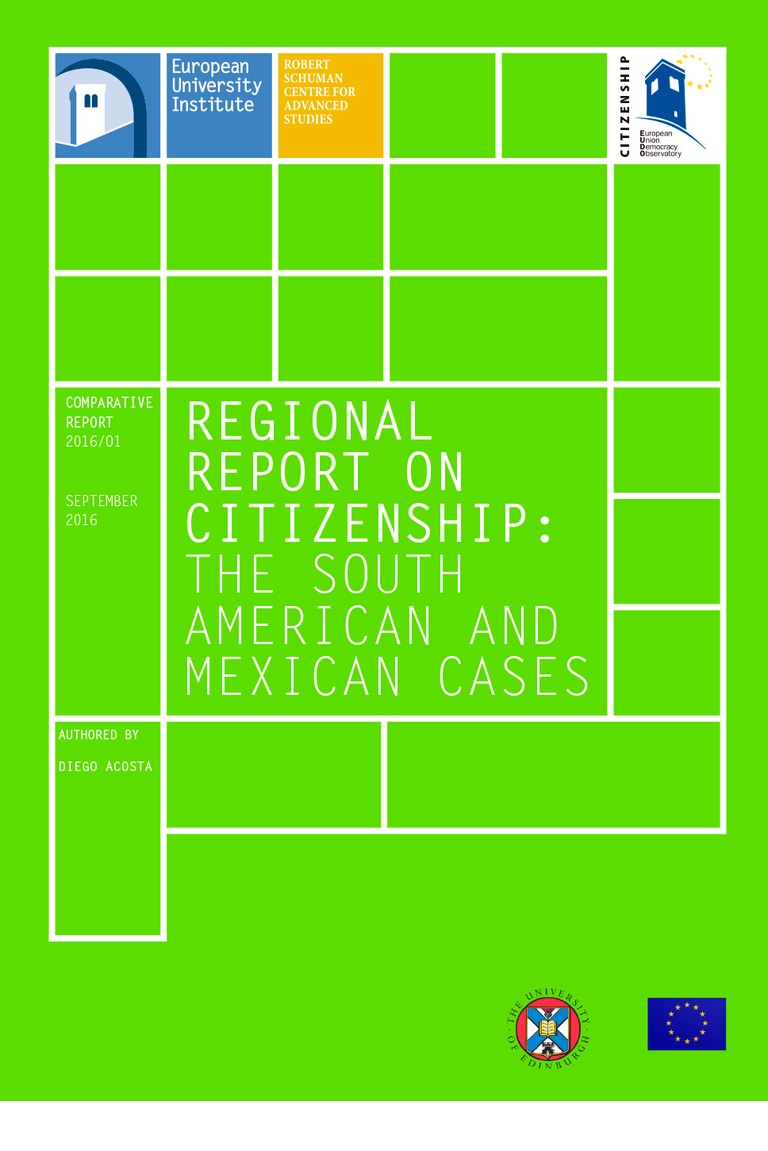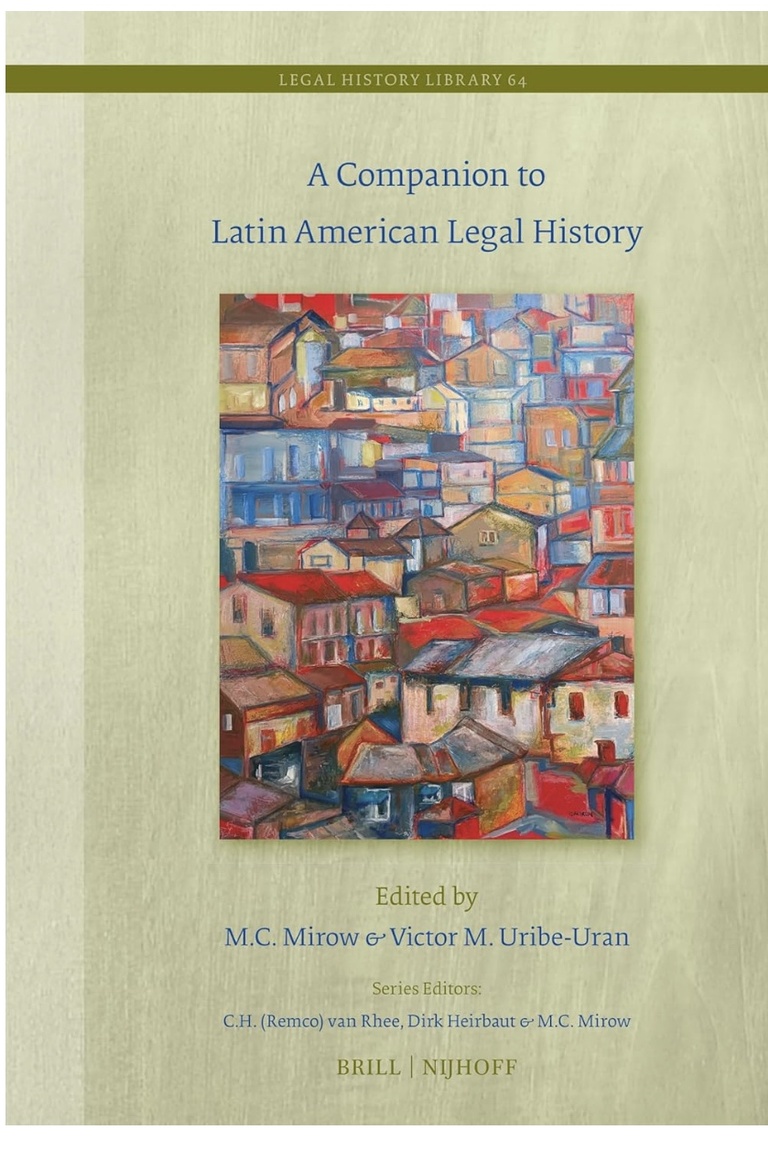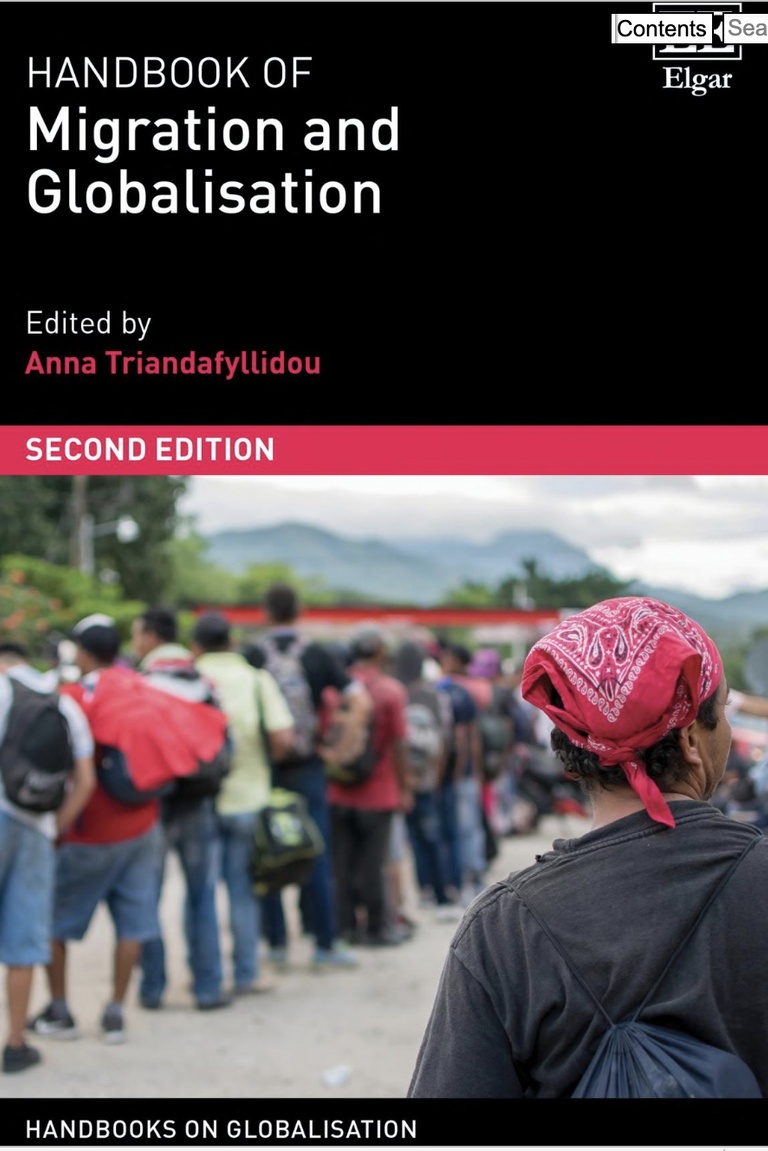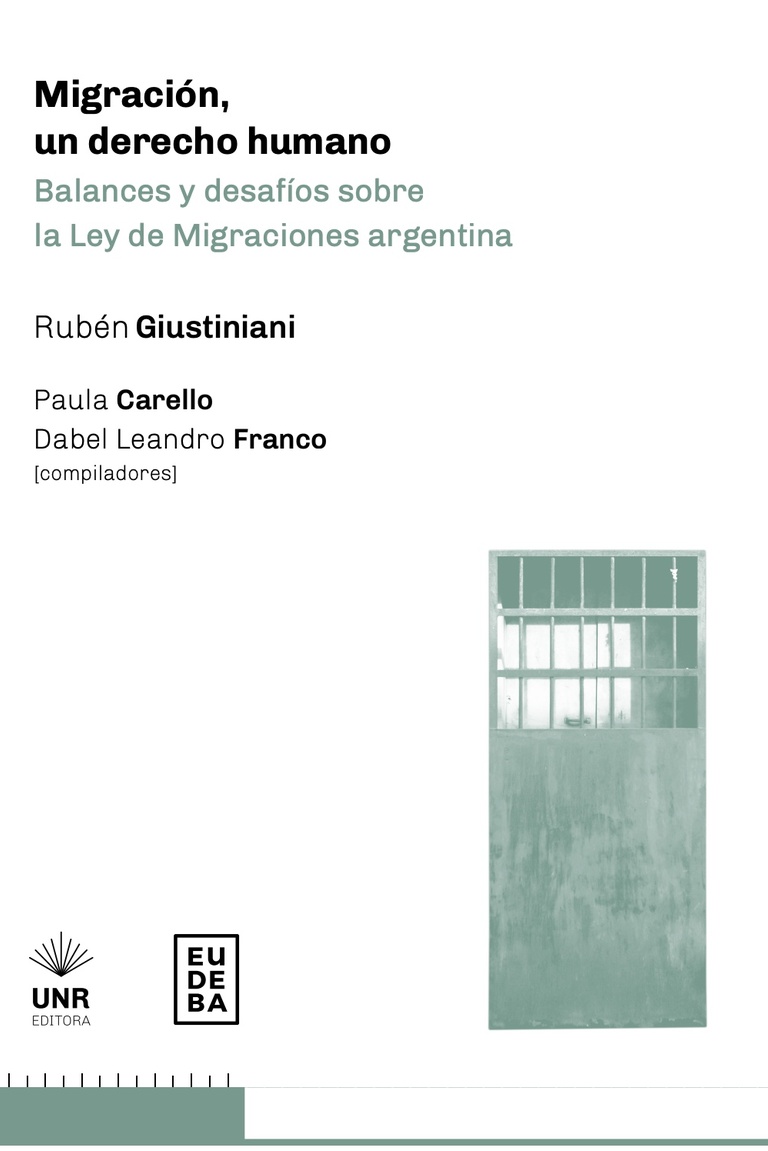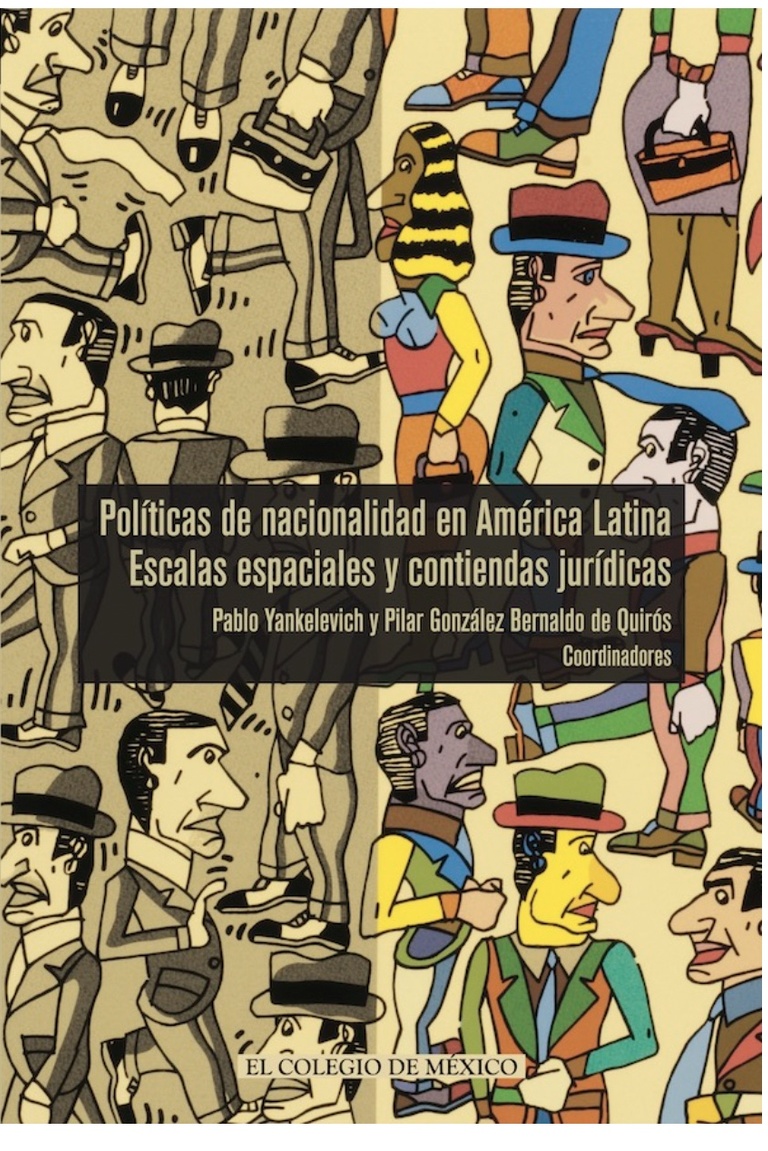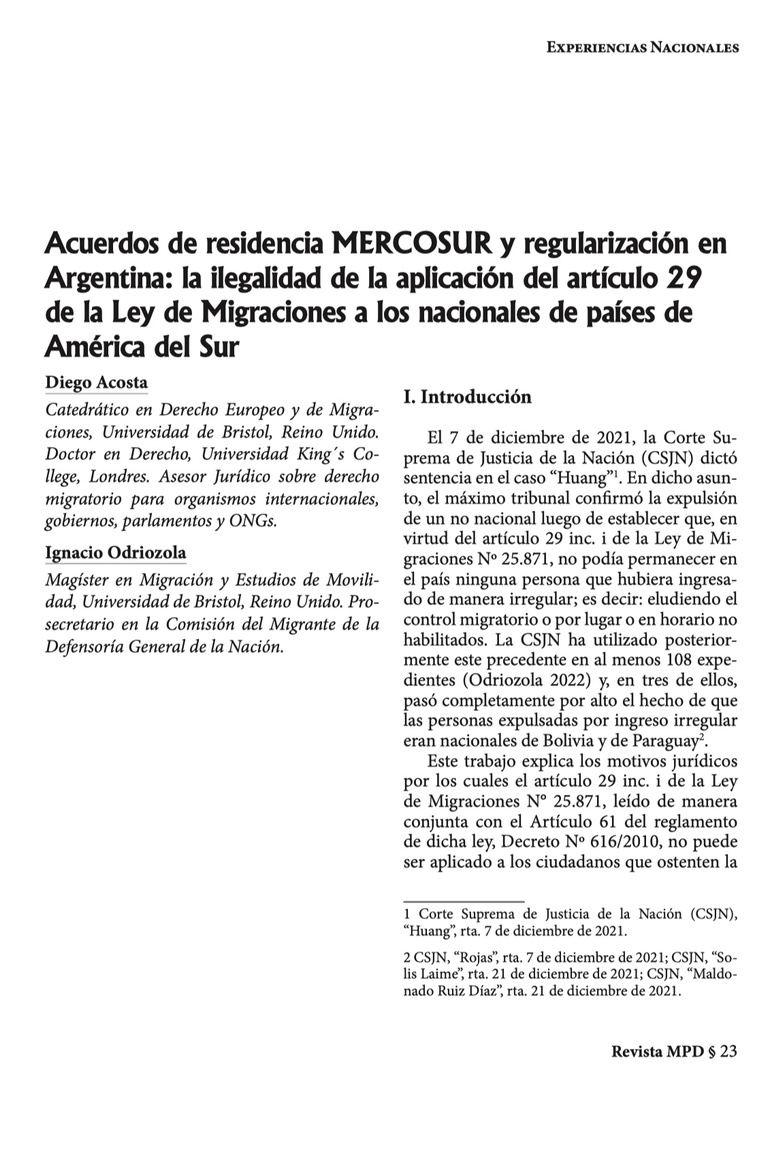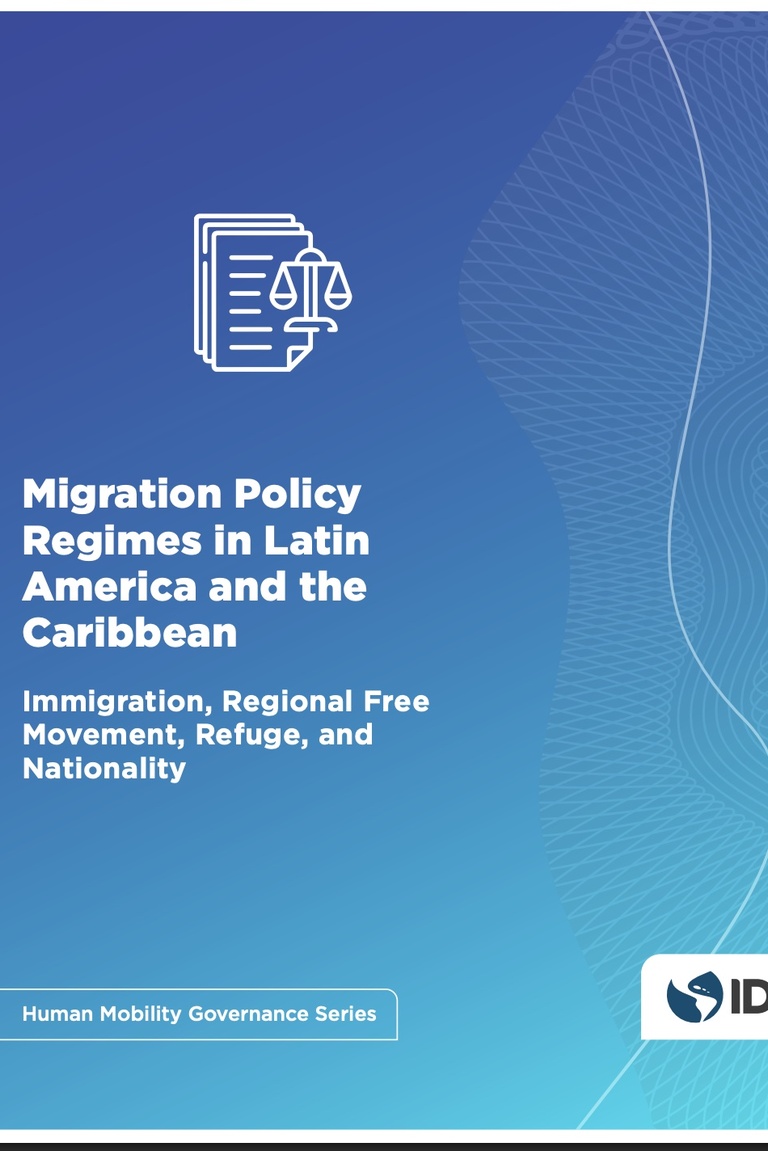Since the turn of the century, South American governments and regional organisations have adopted the world’s most open discourse on migration and citizenship. At a time when restrictive choices were becoming increasingly predominant around the world, South American policymakers presented their discourse as both an innovative and exceptional ‘new paradigm’ and part of a morally superior, avant-garde path in policymaking. This book provides a critical examination of the South American legal framework through historical and comparative analysis. Diego Acosta uses this analysis to assess whether the laws are truly innovative and exceptional, as well as to evaluate their feasibility, strengths, and weaknesses. By analysing the legal construction of the national and the foreigner in ten South American countries over the last two centuries, he demonstrates how different citizenship and migration laws have functioned, shows why states have opted for certain regulation choices, and discusses the consequences of these choices for state and nation-building on the continent. This provides invaluable insight for anyone interested in global migration and citizenship discussions.
Suggested citation: Diego Acosta,The National versus the Foreigner in South America. 200 Years of Migration and Citizenship Law (Cambridge University Press, 2018).

